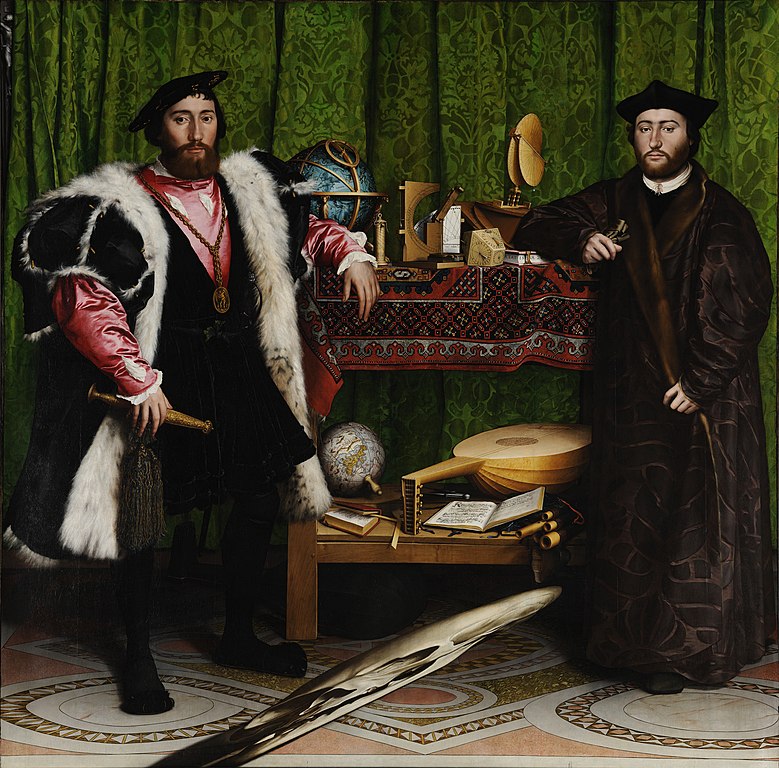Percy Shelley’s poem titled “Ozymandias” is a sonnet, just a fourteen-line verse form that Petrarch, Spencer, and Shakespeare used during the Renaissance. Following Petrarch’s style, Shelley introduces an octave in the first eight lines which poses a question to be followed by a sestet (six lines) which address the question posed by the octave.
“Look at my works, ye Mighty, and despair!” Ozymandias proclaims in his arrogant style. The irony is that his statue is now lying broken and toppled in the desert. Did anyone whisper Colonel Muammar? Authoritarianism is on the rise. Journalists disappear. Rule of law is becoming a joke. Money talks and when money talks everyone is condemned to listen. Ozymandias’ great statue is covered with dust. His “works” are surrounded by the nothingness. The valley became a desert but before that became a circus. Ozymandias became the victim of his futility and hubris. The poem outlasted him.
As Ozymandias was transforming the fruitful valley into a circus, truth became irrelevant. Values became an instrument of a political theater aiming to amuse us to death. Such political theater has the potential of converting the economic trajectory into a wild madness where reality is invented in the form of an apprentice. Now literacy is no longer used to acquire knowledge, it is rather used to keep us slaves to our presuppositions. International commerce is no longer an instrument of peace as Montesquieu had envisioned it, but rather an instrument of conflict and rising animosities. Nowadays when the world order is fractured, diplomacy is disabled by fundamentalism.
We create myths and in our search for weapons of mass deception, we forget that even Victor Hugo’s Quasimodo can appreciate the beauty of a cathedral. Yes, the illiterate Quasimodo cannot read the Scriptures and, in his deafness, he cannot hear the dogmas expounded. However, nothing of that is necessary. The edifice is more than enough. The cathedral for him is an architectural book of knowledge constructed by cathedral thinkers for a preliterate people in a print era. The cathedral is real, and Quasimodo does not need an apprentice to proclaim that in our political theater we no longer have cathedral thinkers.
Capitalism is the ability to extract value out of dormant resources. Machiavelli in his day job was cutting down wood for sale to his customers. However, in the evening as he was going home to continue drafting “The Prince” he was carrying under his arm Dante’s famous wood from the “Inferno”, or as Dante describes it:
Midway through the journey of our life I found
Myself in a dark wood, for I had strayed
From the straight pathway to this tangled ground.
Dante’s poem became capital for Machiavelli and in his quest to create the modern body of politics and business, Machiavelli does not answer his own question of whether the leader needs to be feared or loved, but rather returns to Moses as a model who leads but also is ready to sacrifice himself for the sake of his people.
We are approaching a watershed moment which cannot be portrayed better than the copy of the masterpiece I bought in London a few years ago, widely known as The Ambassadors (a painting of Hans Holbein dated to 1533).

The instruments shown in the painting can no longer be used. The Ambassadors have been sent by the Pope in order to persuade Henry VIII to stay with the Catholic Church. The lute has a broken string. The astronomical instruments are unworkable. The hymnal is from the Lutheran church. The skeleton proclaims that the world is out of order. The situation is out of repair.
The Ambassadors need to come back a century later and once they abide by the rules of Westphalia. Quasimodo will be waiting for them and he may even tell them in his own words the tragic end of Ozymandias.
